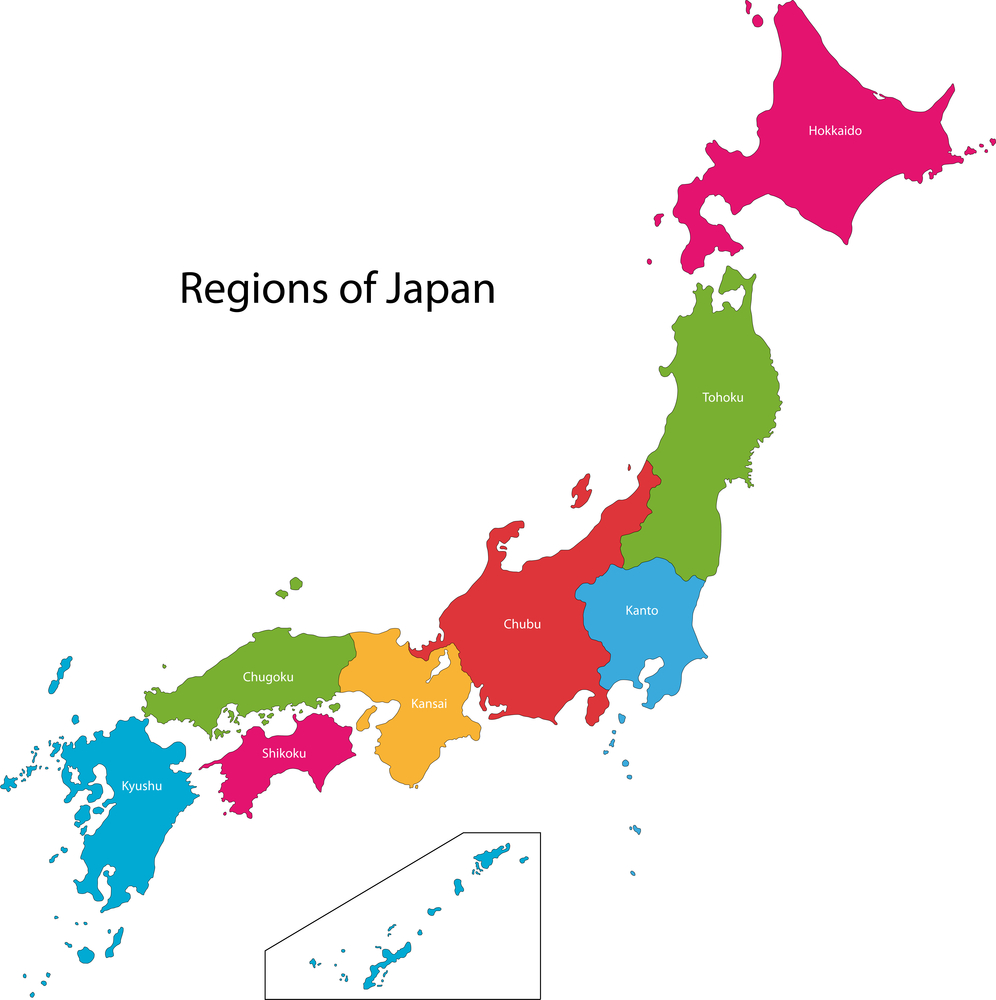The Olympus scandal – has anything changed since then?
Unfortunately Michael Woodford did not answer the question in the title of the talk, which he gave to the Japan Society this week. It was pretty much the same talk I heard 3 years ago, only even more melodramatic and self dramatizing. But from what he said, I assume his answer would be that nothing has changed, if loyalty to seniors in Japanese companies continues as an excuse to cover up fraud. And certainly, with the recent frauds and cover ups in Toshiba, Asahi Kasei and Toyo Tire and Rubber, it’s hard not to worry that there is something rotten at the heart of Japanese corporate governance.
Woodford rather let his (understandably bitter) personal feelings towards former Olympus Chairman Kikukawa get in the way of two key points I felt. Firstly that Kikukawa was in turn covering up for his predecessor and his predecessor’s predecessor’s mistakes – it was not just about preserving his prestige and his (for a Japanese President surprisingly high) salary. So many Japanese corporate scandals turn out to have roots in previous generations, making it extremely difficult and perilous for successors to do anything about them, as the Japanese people sitting near me at the dinner afterwards pointed out. Secondly, that Kikukawa was able to get all the other directors and employees in the know to collude, not just out of their personal loyalty to him, but their fear that if the fraud was exposed, the consequences of the shame upon them and on Olympus would mean the end not only of their careers but of the company and all its 1000s of employees’ livelihoods.
The fact that Olympus survived is actually a vindication of Woodford’s approach, of public confession and resignations. But he is so insistent on making himself out to be a martyr, abused by “uncle” Kikukawa and threatened by yakuza, who nonetheless loves Japan (he kept insisting), that he rather lost the governance argument in all the embroidery of his story.
I asked him at the dinner afterwards if, rather than be a lone crusader, he had tried to get any of the Olympus directors that he says he knew as friends for 30 years or his other corporate friends in Japan (he was alerted to the fraud by a Japanese senior executive in another company) to advise him what to do, even work with him to get the problem sorted, but he said they all told him to shut up. Actually, I felt a sneaking sympathy towards them by the end of the evening.
For more content like this, subscribe to the free Rudlin Consulting Newsletter. 最新の在欧日系企業の状況については無料の月刊Rudlin Consulting ニューズレターにご登録ください。
Read More
